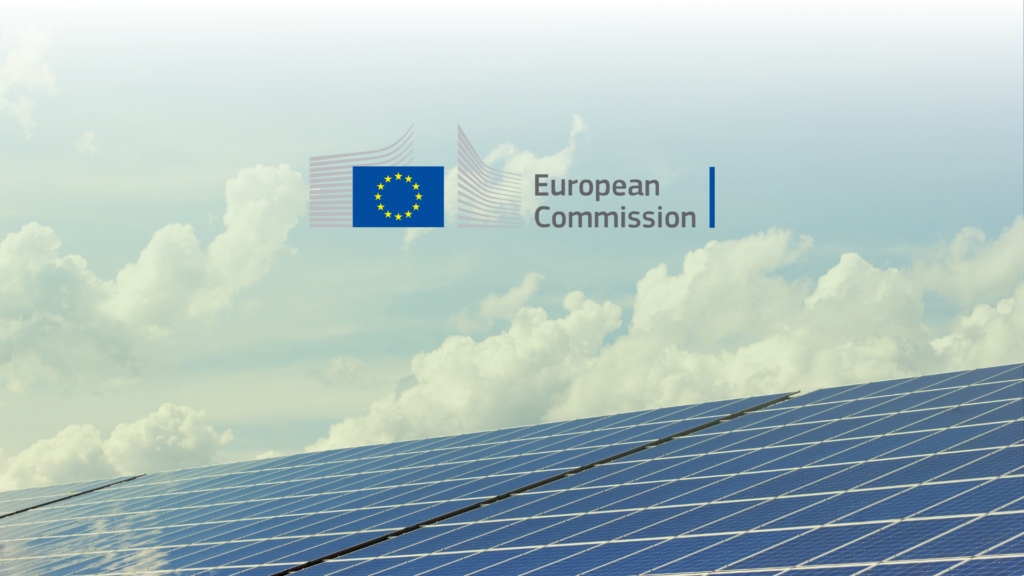GHG Emissions have Decreased by 32.55% Since 1990 despite the Economy Growing by 67%: EU Energy Report

- Renewable Surge: 50% of EU electricity in 2024 from renewable sources, breaking capacity records.
- Gas Shift: Russian gas imports dropped from 45% to 18% since 2021.
- Future Targets: More action needed to hit the 2030 goal of reducing emissions by 55%.
The 2024 State of the Energy Union report highlights the EU’s significant progress in ensuring secure, competitive, and affordable energy, while also laying the groundwork for future economic growth and competitiveness. The report reflects the EU’s success in overcoming energy security challenges, reducing reliance on Russian gas, and accelerating the clean energy transition.
Progress Highlights:
- The EU’s share of renewable energy in electricity generation reached 50% in the first half of 2024, setting new capacity records.
- Imports of Russian gas fell from 45% in 2021 to 18% by June 2024. To balance this reduction, the EU increased gas imports from reliable partners like Norway and the US.
- Gas demand was reduced by 138 billion cubic meters between August 2022 and May 2024.
According to the Commission: “The EU’s resilience in the face of critical risks to its energy supply has allowed us to regain control over energy markets and prices.”
Economic Competitiveness & Emissions Reduction The EU’s transition toward climate neutrality is well underway:
- Greenhouse gas emissions have dropped by 32.5% between 1990 and 2022, while the economy has grown by 67%.
- The EU’s 90% winter gas storage target was reached on August 19, 2024, ahead of the November deadline.
However, the report emphasizes that further efforts are needed to meet the 11.7% energy consumption reduction target by 2030. The electrification of heating systems and building renovations remain critical areas for improvement.
Challenges Ahead
While energy prices have stabilized, more action is required to close gaps in renewable energy and energy efficiency targets. The report stresses that strengthened coordination at both EU and Member State levels is essential.
Global Leadership
On the global stage, the EU has led efforts to triple renewable energy capacity and double energy efficiency improvements by COP28. This initiative has been endorsed globally, positioning the EU as a leader in the clean energy transition.
Supporting Ukraine The EU’s support for Ukraine remains strong:
- Synchronization of Ukraine and Moldova’s electricity grids with the Continental European Network stabilized their power systems.
- The EU’s €900 million energy sector aid, alongside the Ukraine Energy Support Fund’s €500 million mobilized by June 2024, highlights its commitment to Ukraine’s recovery.
Industrial Growth and Innovation
The Net-Zero Industry Act and Critical Raw Materials Act are crucial in boosting the competitiveness of EU manufacturers in net-zero technologies. The report underscores the role of industrial alliances like the European Battery and Clean Hydrogen Alliances in accelerating progress.
Related Article: KLA’s Science-based Targets for GHG Emissions Earn SBTi Validation
Consumer Empowerment
Reformed electricity market legislation ensures vulnerable consumers are protected from disconnection. Additionally, the Social Climate Fund aims to mobilize €86.7 billion to support energy-efficient housing and clean transport through 2032.
The report emphasizes that Member States must submit their updated National Energy and Climate Plans to achieve the EU’s 2030 energy and climate goals.
View Full Report












